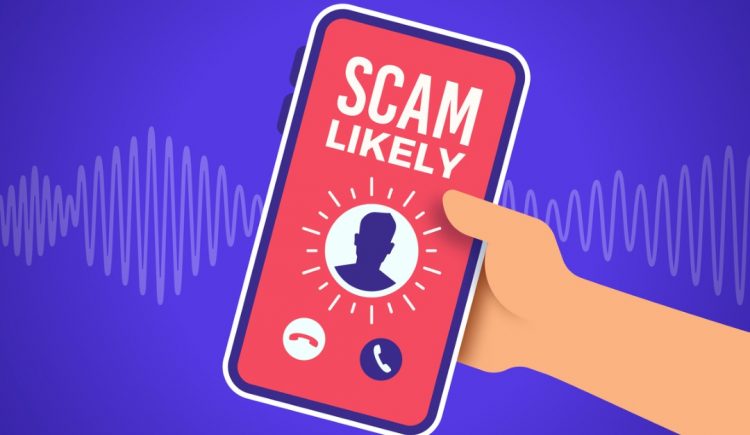In the wake of the pandemic, a host of new and more sophisticated utilities scams are on the rise, resulting in financial losses for consumers that are usually unrecoverable. Here are some common frauds to look out for and the red flags to help you spot them.
Shut-off Scam – Fraudsters will call unsuspecting victims demanding immediate payment and threatening to turn off utilities like electricity otherwise.
Red flag: The phone call comes without any sort of prior notification of an imminent shut-off. Utility companies provide customers with ample warning before getting to this point.
Overpayment Scam – Bad actors will call to inform you that you’ve overpaid a recent bill and offer to refund you the overage by wiring funds to your bank account.
Red flag: If someone asks for your credit card or bank account information to process the refund, this is a sign that they are just trying to gain access to your personal information. Never provide personal account information over the phone; ask the caller to send you the details in writing so you can check the veracity of their story.
Phishing Scams – You receive an urgent message from your utility company via text, asking you to respond.
Red flag: Unless you specifically agreed to receive communications via text, this is most likely a scammer looking to secure your information to build a phishing database. Don’t respond to the text and block the sender.
Unusual Payment Scam – A service provider requests that you make a payment through an unusual method, such as a gift card, bitcoin or prepaid debit card.
Red flag: Legitimate utility companies would never accept payment through one of these sources. Utilities and the like are paid online or by check.
If you encounter one of the above situations or any other suspicious interaction, do the following:
- Verify the caller is legitimate; ask them to provide your account number and address and the specific amount of a past-due payment.
- Even if the caller does have certain information about your account, never pay immediately; instead, hang up and contact the utility company directly.
- Don’t click on links or phone numbers provided in texts.
- If a representative from a utility company shows up at your house with a suspicious request, ask to see identification, then call the company to verify the person is indeed an employee.











